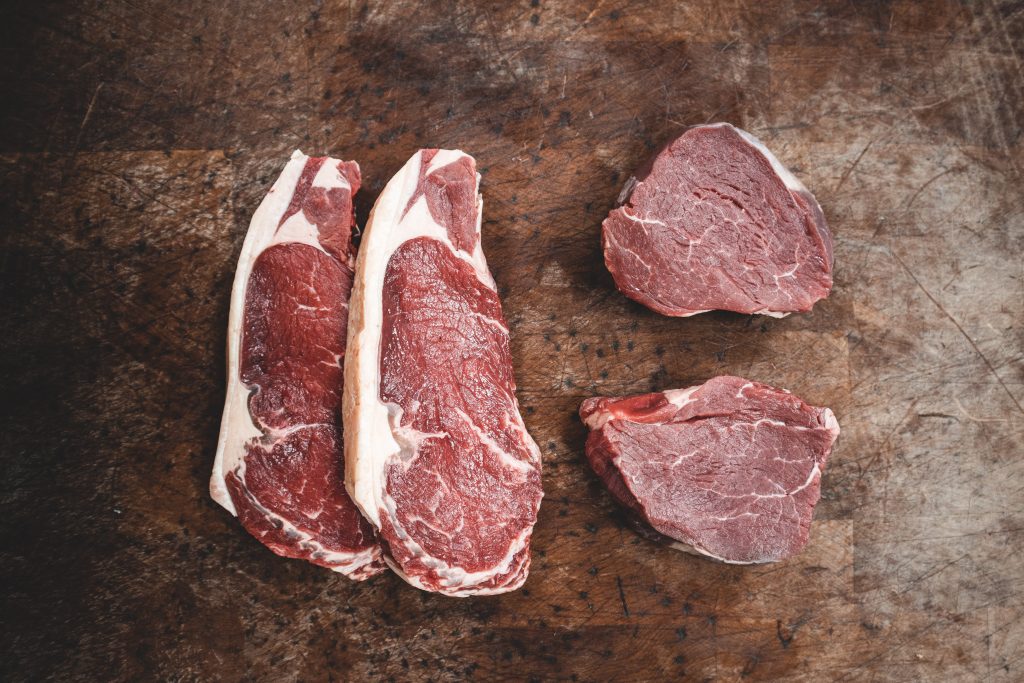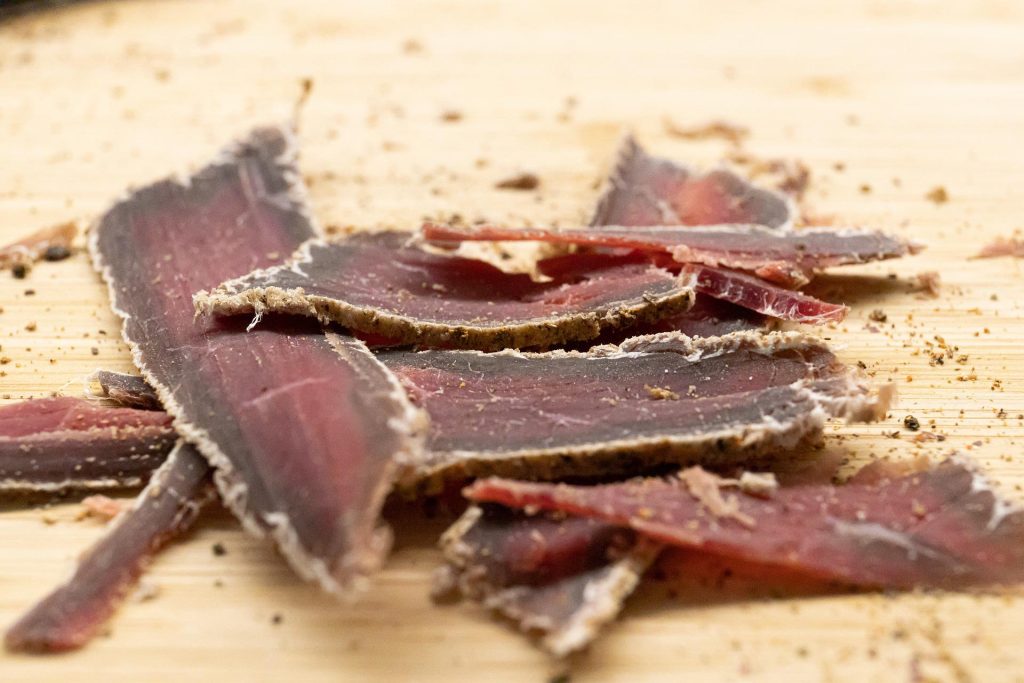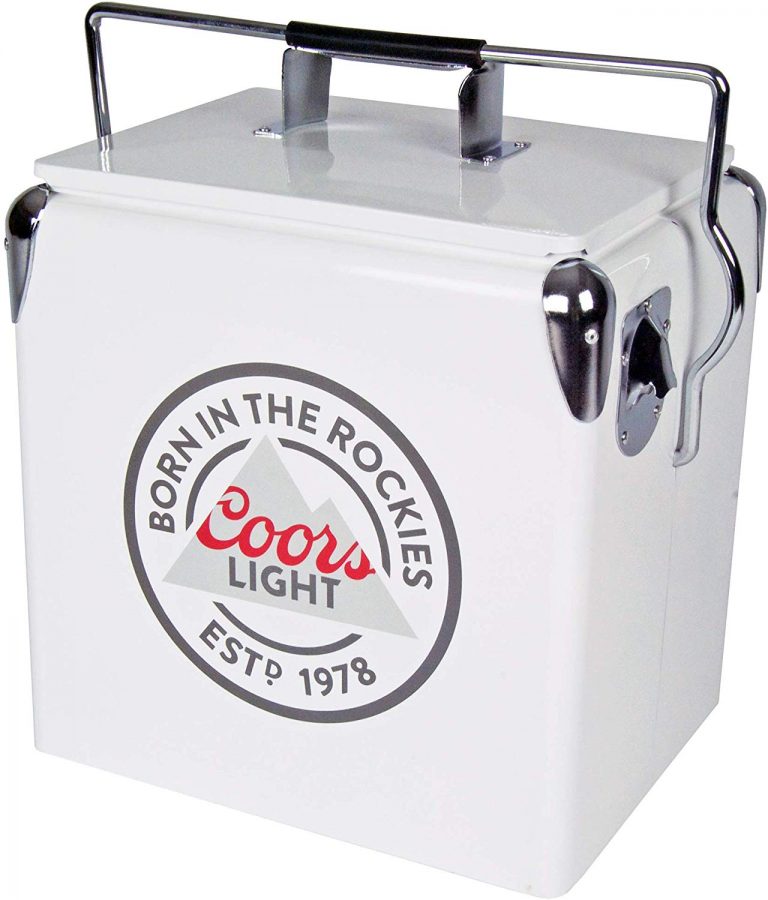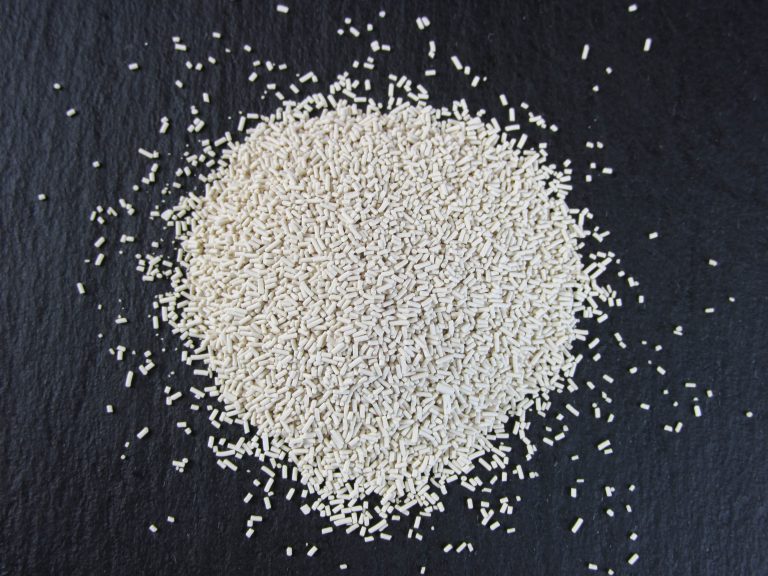Can You Freeze Aged Beef?
You invited your friends and family to a small gathering at your house and decided to buy some aged beef.
You can make your mouth water if you think about the aged steaks you are going to make. You are still wondering if you can freeze aged beef to preserve the quality.
We looked at different reports from food experts to solve this problem.
It is possible to freeze aged beef, but it shouldn’t have a big impact on the flavor.
When the aging process stops, a slight change in texture can occur when the meat remains in the freezer.
The beef will remain in stasis until it is removed from the freezer.
The taste and texture of aged beef can be preserved by storing it correctly. The quality and freshness of the aged beef are maintained by industry experts.
Table of Contents
What Is: Wet Aged and Dry Aged Beef?
While bathing in its juices, wet aging allows the beef to develop over time. It is less expensive to wet age beef than it is to dry aging it.
Dry-aging beef can be costly as the process requires the meat to hang in a humid and refrigerated environment at exact levels.
The method requires the individual to have a high skill set to successfully dry age beef. If done right, dry-aged beef will have a more robust and profound flavor than wet-aged options.

How To Freeze Aged Beef?
The quality of frozen aged beef can be maintained with certain factors.
Although beef can stay in the freezer for extended periods, the cut, fat content, and other elements will affect the results of storing the meat in the freezer.
Factors to Consider
Sous Vide
A French term that means to vacuum seal foods in sealed containers and place them in temperature-controlled waters is sous vide.
Using sous vide techniques allows aged beef to use accurate circulation and temperature control to provide consistent results without compromising the meat’s taste and flexibility.
Fat Content
It is difficult to freeze fats if they are not frozen at all. Lighter cuts, such as top sirloins and eyes of round roasts, will freeze better than thicker options.
The aged beef can be frozen better than expected if the excess fat is removed.
Cuts
Thinner cuts of beef will not freeze as well as thicker portions.
It’s because the freezing temperatures won’t have much difficulty penetrating the inner layers of thin meats as compared to thicker ones.
A piece of aged short loin beef can have a uniform freeze in comparison to a thick tenderloin cut.

How Can I Freeze Dry Aged Beef?
- You can choose your preferred cut.
- The excess fat needs to be trimmed before the cut is made.
- It is possible to flavor the meat with salt.
- The meat should be cooked one degree less than the desired doneness.
- If you want to eat a medium-done steak, you should cook it to medium-rare doneness.
- It’s a good idea to put the meat in a tightly sealed bag for a day or two to make sure it isn’t too moist.
- It’s a good idea to put it in the freezer to see if there is any condensation.
- If it’s possible, age the beef more if there are signs of excess humidity.
- The beef should be transferred to a freeze-dryer if there are no signs of excess humidity.
- To make sure the meat is exposed to a consistent temperature, make sure the appliance exposes it.
Is It Possible To Freeze Wet Aged Beef?
It’s possible to freeze wet-aged beef in the same way that it’s possible to store its dry-aged counterpart in the freezer.
The main difference involves the aging process. It takes nearly 2 to 4 weeks before the freezing process.
According to a study, the beef will retain its color, tenderness, and water-holding abilities without negatively affecting the meat’s quality.
How Long Is It Possible To Keep Beef in the Freezer?
According to a post from FoodSafety.gov, beef can be kept in the freezer for up to 12 months. The beef tastes best when it’s been frozen for four months.
The four-month mark is when the meat will lose some of its flavor and texture.
How To Defrost a Large Piece of Beef?
Using Microwave
Put the large piece of beef on a plate or dish and set the microwave to an automatic defrost setting.
It is possible to defrost using this method, but it is not the most practical solution.
The growth of harmful bacteria can be increased by using the microwave to thaw a large frozen piece of beef.
If you plan on using this method, make sure to cook and eat the meat right away to reduce the risk of bacteria buildup.
Using Refrigerator
Before putting the large piece of beef in the refrigerator, place it on the plate or dish. It will take at least two days for the meat to thaw.
The beef should be placed on the lowest shelf so that it doesn’t get caught in cold weather.
The proper delivery of appropriate temperatures to the meat is ensured by the freezer being defrosted.
Using Cold Water
You don’t need to remove the packaging to put the large piece of beef in the cold water.
If you removed the beef from the original container, put it in a tightly sealed bag before putting it in the cold water.
The meat should be left in the freezer until it thaws. Some types of beef, like stew meat, can thaw quicker in cold water than whole roasts.
If you don’t want to cook the beef dipped in cold water, then you can refreeze it.

Is It Safe To Eat Aged Meat?
It is safe to eat aged meat that is kept at a consistent temperature and humidity levels.
Proper sterilization of the aging environment is important to prevent harmful bacteria build-up. Different methods can be used to keep aged meat safe.
Dry-aging cabinets that are noteworthy promote better chances of producing dry-aged meat than letting it hang in a kitchen.
Ensuring that wet aging meat stays bathed in its juices helps maintain its flavor and texture for extended periods.
Sampling the supplier’s wares before making the transaction is recommended if you are buying aged meat from a local butcher.
You will get an idea if the product is safe to consume in large quantities if you do that.
Does Aged Beef Have Better Taste?
The taste of aged beef is more robust and tender than preparing and eating it conventionally.
The beef’s strength and structure are held in part by the collagen, a substance that is broken down in the meat.
The meat density that consumers can sink their teeth into is a result of the removal of part of the Collagen.
During the aging process, water will make the beef lose some of its weight. The flavor becomes richer and beefier while making it have a slightly funky aroma.
The longer the beef ages, the more water it loses, which will make the meat more intense.
Conclusion
It is now clear that aged beef can be frozen without compromising its flavor and texture.
There is a slightly different freezing process for dry and wet-aged beef.
There are important factors that help promote a uniform freeze for aged meat. You can freeze aged meat and preserve its quality for a year if done correctly.

Foodie and a passionate cook, I am here to share all of what I know about cooking, kitchen, and food prepping.
Follow me for delicious and healthy recipes.







